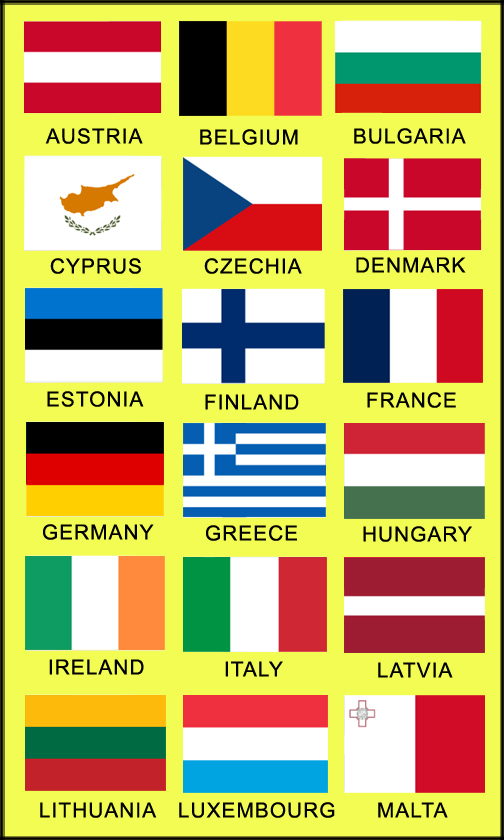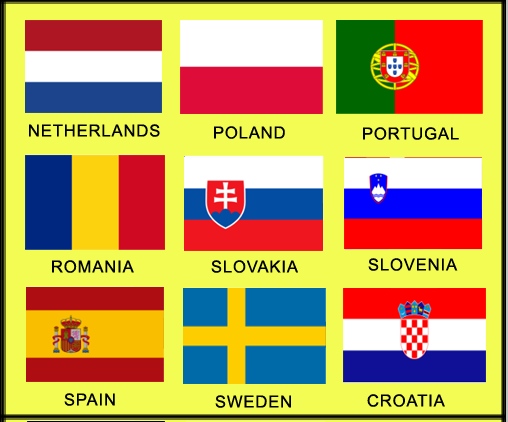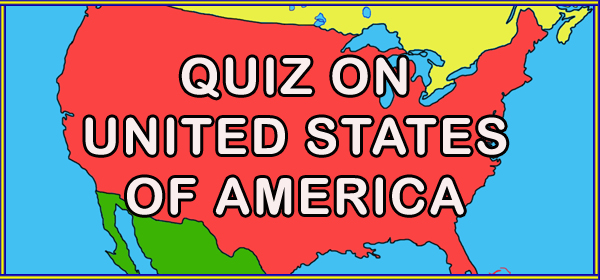European Union Member Countries
The European Union (EU) is a political and economic union of 27 European countries that have chosen to work together closely for peace, stability, and economic prosperity. The EU's core principles include the free movement of goods, services, people, and capital among member states, creating a single market and a common currency, the Euro, which is used by 19 of the member countries.
The European Union (EU) was officially formed on November 1, 1993, with the entry into force of the Maastricht Treaty. The founders of the European Union, often referred to as its "founder members," are the six founding countries of the European Coal and Steel Community (ECSC) and the European Economic Community (EEC), which were the precursors to the modern EU. These six founding members are:
- Belgium
- France
- Germany
- Italy
- Luxembourg
- Netherlands
There were 12 members in European Union at the time of its official formation in 1993, namely, Belgium, Denmark, France, Germany, Greece, Ireland, Italy, Luxembourg, Netherlands, Portugal, Spain and United Kingdom.
The maximum membership of the EU from its formation in 1993 was 28 member countries. The United Kingdom left the EU on January 31, 2020, through a process known as Brexit, reducing the membership to 27 countries.
The EU Parliament is composed of 705 members with Germany having the largest representation of 96 members.
The motto of European Union is In varietate concordia in Latin which means (United in diversity)
The flag of the European Union features a circle of 12 gold stars on a blue background. They stand for the ideals of unity, solidarity and harmony among the peoples of Europe.

Members of European Union
Capitals and Currencies of Countries of European Union
# Country Capital Currency Date of Joining 1. Austria Vienna Euro 1995 2. Belgium City of Brussels Euro 1952 3. Bulgaria Sofia Lev 2007 4. Cyprus Nicosia Euro 2004 5. Czech Republic Prague Koruna 2004 6. Denmark Copenhagen Krone 1973 7. Estonia Talinn Euro 2004 8. Finland Helsinki Euro 1995 9. France Paris Euro 1952 10. Germany Berlin Euro 1952 11. Greece Athens Euro 1981 12. Hungary Budapest Forint 2004 13. Ireland Dublin Euro 1973 14. Italy Rome Euro 1952 15. Latvia Riga Euro 2004 16. Lithuania Vilnius Euro 2004 17. Luxembourg Luxembourg Euro 1952 18. Malta Valletta Euro 2004 19. Netherlands Amsterdam Euro 1952 20. Poland Warsaw Zloty 2004 21. Portugal Lisbon Euro 1986 22. Romania Bucharest Leu 2007 23. Slovakia Bratislava Euro 2004 24. Slovenia Ljubljana Euro 2004 25. Spain Madrid Euro 1986 26. Sweden Stockholm Krona 1995 27. Croatia Zagreb Euro 2013 The 20 countries which have Euro as their currency form the Eurozone. United Kingdom left the Union on 31 January 2020.
| # | Country | Capital | Currency | Date of Joining |
|---|---|---|---|---|
| 1. | Austria | Vienna | Euro | 1995 |
| 2. | Belgium | City of Brussels | Euro | 1952 |
| 3. | Bulgaria | Sofia | Lev | 2007 |
| 4. | Cyprus | Nicosia | Euro | 2004 |
| 5. | Czech Republic | Prague | Koruna | 2004 |
| 6. | Denmark | Copenhagen | Krone | 1973 |
| 7. | Estonia | Talinn | Euro | 2004 |
| 8. | Finland | Helsinki | Euro | 1995 |
| 9. | France | Paris | Euro | 1952 |
| 10. | Germany | Berlin | Euro | 1952 |
| 11. | Greece | Athens | Euro | 1981 |
| 12. | Hungary | Budapest | Forint | 2004 |
| 13. | Ireland | Dublin | Euro | 1973 |
| 14. | Italy | Rome | Euro | 1952 |
| 15. | Latvia | Riga | Euro | 2004 |
| 16. | Lithuania | Vilnius | Euro | 2004 |
| 17. | Luxembourg | Luxembourg | Euro | 1952 |
| 18. | Malta | Valletta | Euro | 2004 |
| 19. | Netherlands | Amsterdam | Euro | 1952 |
| 20. | Poland | Warsaw | Zloty | 2004 |
| 21. | Portugal | Lisbon | Euro | 1986 |
| 22. | Romania | Bucharest | Leu | 2007 |
| 23. | Slovakia | Bratislava | Euro | 2004 |
| 24. | Slovenia | Ljubljana | Euro | 2004 |
| 25. | Spain | Madrid | Euro | 1986 |
| 26. | Sweden | Stockholm | Krona | 1995 |
| 27. | Croatia | Zagreb | Euro | 2013 |
| The 20 countries which have Euro as their currency form the Eurozone. United Kingdom left the Union on 31 January 2020. | ||||
Flags of Countries of European Union


 Quiz on United States of America
Quiz on United States of America Quiz on Football
Quiz on Football